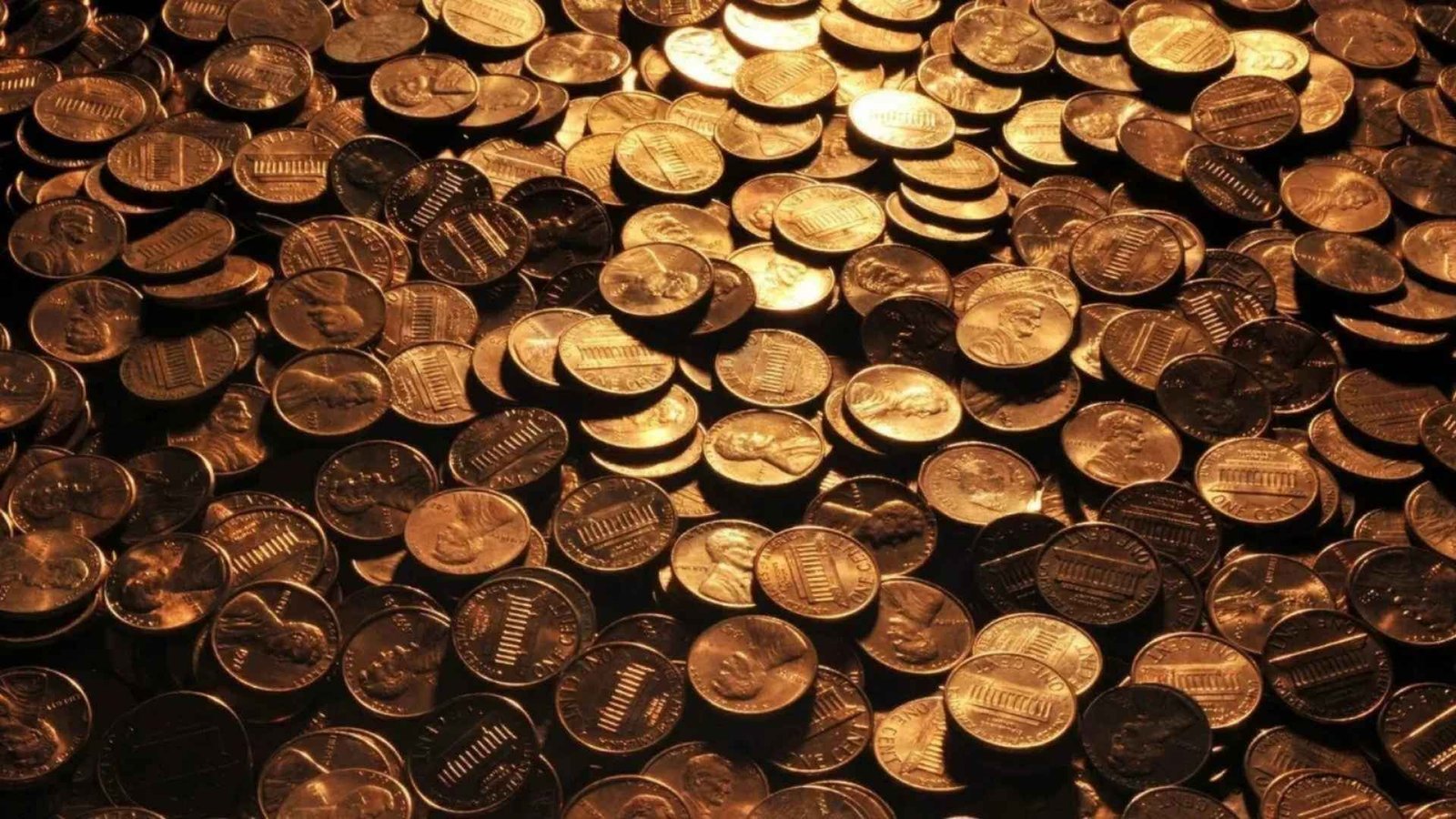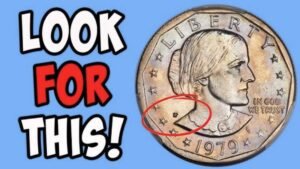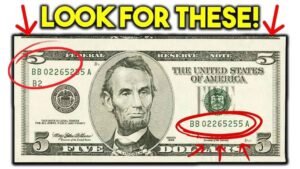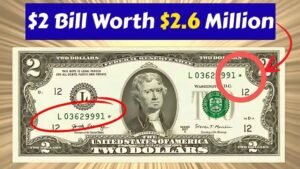What if the humble penny hiding in your change jar could secretly be worth thousands—or even millions? These rare pennies of the twentieth century carry stories of mistakes, scarcity, and hidden treasures that turn pocket change into gold.
More Than Just Spare Change
At first glance, a penny is small, simple, almost forgotten. But numismatists know the truth: some pennies from the 1900s hide jaw-dropping values, shocking collectors and casual hobbyists alike.
The History Behind Rare Pennies
The twentieth century saw dramatic shifts in coin design, minting errors, and limited runs. From the famous Lincoln Wheat Penny introduced in 1909 to wartime steel issues in 1943, each rare penny tells a unique story of American history and economic change.
Why These Pennies Are So Valuable
Rarity, condition, and mint errors fuel demand. A single misplaced date, double die, or low mintage can skyrocket a penny’s value. Collectors compete fiercely, pushing prices into the tens—or hundreds—of thousands.
9 Rare Pennies You Should Watch For
Here are the nine most valuable twentieth-century pennies every collector dreams of finding.
| Rare Penny | Year & Mint | Estimated Value Range | Key Feature |
|---|---|---|---|
| 1909-S VDB Lincoln Wheat Penny | 1909 | $1,000–$15,000 | Scarce initials “VDB” on reverse |
| 1914-D Lincoln Penny | 1914 | $3,000–$15,000 | Low Denver mintage |
| 1922 No D Penny | 1922 | $2,000–$12,000 | Missing mintmark error |
| 1931-S Wheat Penny | 1931 | $100–$3,000 | Only 866,000 minted |
| 1943 Copper Penny | 1943 | $100,000–$1.7M | Wrong metal; struck in copper |
| 1944 Steel Penny | 1944 | $30,000–$100,000 | Steel instead of copper |
| 1955 Double Die Penny | 1955 | $1,500–$25,000 | Doubled date & lettering |
| 1969-S Double Die | 1969 | $20,000–$80,000 | Rare doubled obverse |
| 1972 Double Die Obverse | 1972 | $200–$14,000 | Doubling visible in date |
Insider Secrets: How to Spot a Rare Penny
Most collectors miss these clues. Look carefully at the date, mintmark, and lettering under magnification. Double strikes, missing marks, or unusual shine often hint at rarity.
| Feature | What to Look For | Why It Matters |
|---|---|---|
| Date Doubling | Blurred or overlapping digits | Indicates mint error |
| Mintmark | Missing or misaligned letters | Signals scarcity |
| Metal Type | Off-color (steel or copper mix) | Suggests wrong planchet |
| Condition | Crisp detail, no wear | Higher value grade |
Notable Facts That Shock Collectors
The 1943 copper penny was once mistaken for fake until auctioned for over $1 million. The 1955 double die became so famous it was even sold in cigarette packs as a novelty. Many of these pennies were found accidentally by children or casual spenders.
Expert Tips for Aspiring Collectors
Start small—use a magnifying glass and check pennies before spending them. Store coins in airtight holders to preserve condition. Always verify authenticity with a trusted grading service before selling.
FAQs
Q: Can I still find rare pennies in circulation today? Yes, though rare, valuable coins still turn up in everyday change.
Q: What’s the most valuable penny of the twentieth century? The 1943 copper penny, worth up to $1.7 million.
Q: How do I know if my penny is authentic? Use professional grading services like PCGS or NGC.
Conclusion: The Treasure in Your Pocket
These 9 rare pennies of the twentieth century prove that even the smallest coin can hold enormous value. Every time you glance at a penny, remember—your pocket change might just contain a life-changing fortune.




